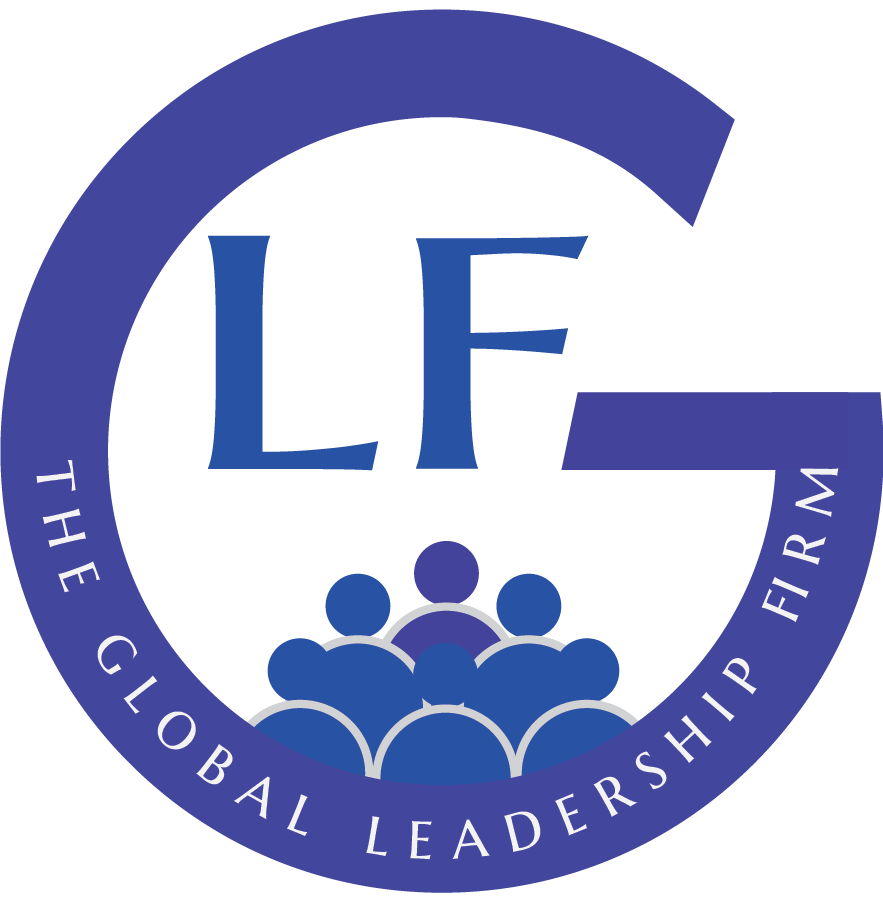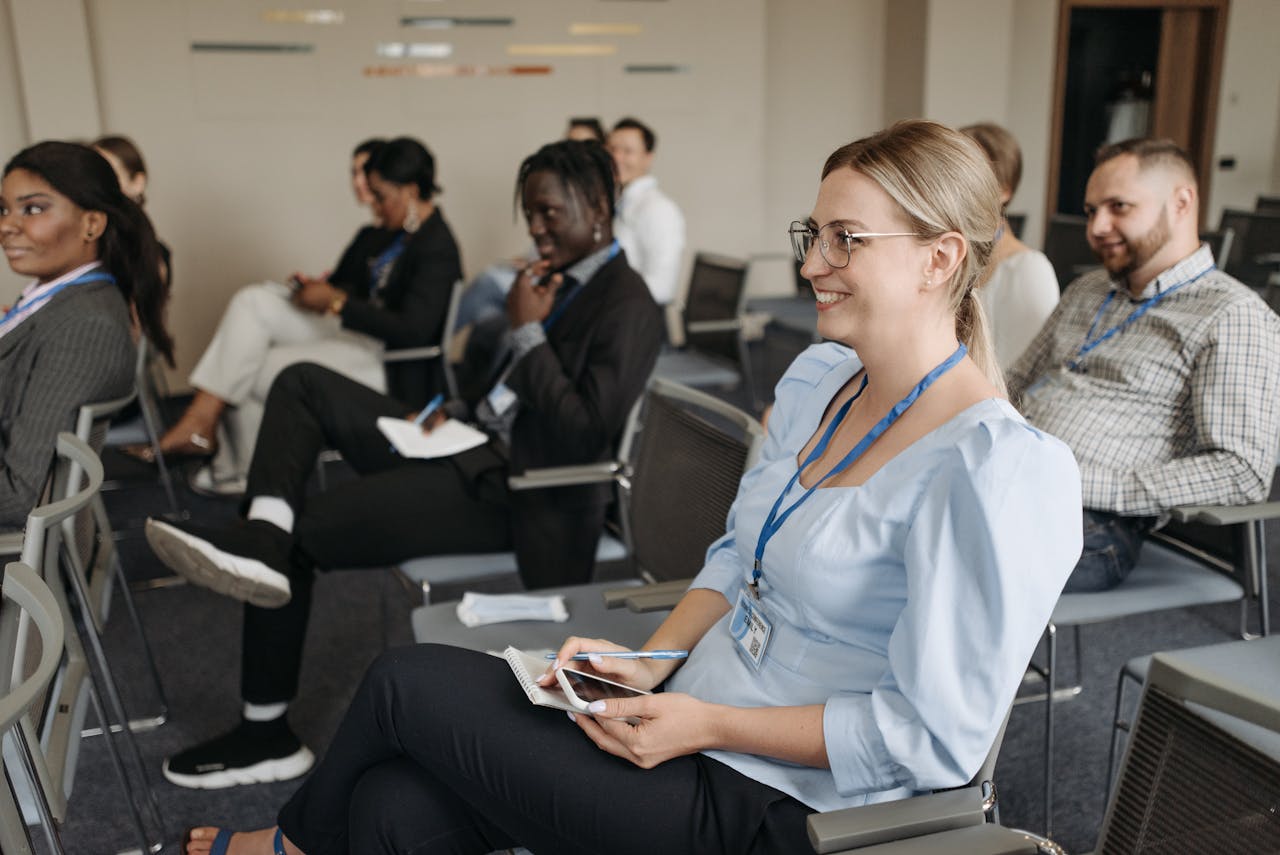So you had a really great interview, but they probably had others that did a good interview. What can you do to standout? Try a follow-up email or letter that lets them know that you are excited and interested.
Alex and Ben were both interviewed for the same marketing position at a tech startup. While they both performed well in the interview, their follow-up actions were vastly different.
Alex sent a generic thank-you note that didn’t mention anything specific about the interview. He waited several weeks before following up, and when he did, he seemed impatient and demanding.
Ben, on the other hand, sent a personalized thank-you note that mentioned specific points he discussed with the interviewer. He also asked a follow-up question about a topic they had discussed during the interview. He waited a week before following up, and when he did, he was polite and respectful.
The hiring manager was impressed with Ben’s professionalism and attention to detail. Alex, on the other hand, left a negative impression.
This story highlights the importance of following up after an interview. By sending a personalized thank-you note, following up in a timely manner, and maintaining a positive attitude, you can demonstrate your interest and professionalism, which can increase your chances of receiving a job offer.
Sending a Thank You Note
- Promptness: Send a thank you note within 24 hours of the interview. This shows your enthusiasm and appreciation for the opportunity.
- Personalization: Tailor your note to the specific interview, mentioning points you discussed with the interviewer.
- Reinforce Interest: Reiterate your interest in the position and the company.
- Follow-Up Questions: If you have any unanswered questions, include them in your note.
How Long to Wait for a Response
- Typical Timeframe: Generally, you can expect a response within 1-2 weeks of the interview. However, this can vary depending on the company’s hiring process.
- Be Patient: If you haven’t heard back after a couple of weeks, it’s acceptable to follow up with a polite email or phone call.
How to Respond to a Job Offer
- Consider Carefully: Take time to evaluate the offer and discuss it with your partner or trusted advisor.
- Negotiate (If Necessary): If you’re interested in negotiating salary, benefits, or other terms, do so respectfully and professionally.
- Accept or Decline: Once you’ve made a decision, respond promptly and professionally. If you’re accepting the offer, be sure to confirm the start date, salary, and other important details.
If You Don’t Receive an Offer
- Maintain Professionalism: Even if you don’t receive an offer, maintain a positive and professional attitude.
- Request Feedback: If you’re interested in learning more about the hiring process, consider asking for feedback on your interview performance.
By following these guidelines, you can increase your chances of a positive outcome and demonstrate your professionalism throughout the job application process.


